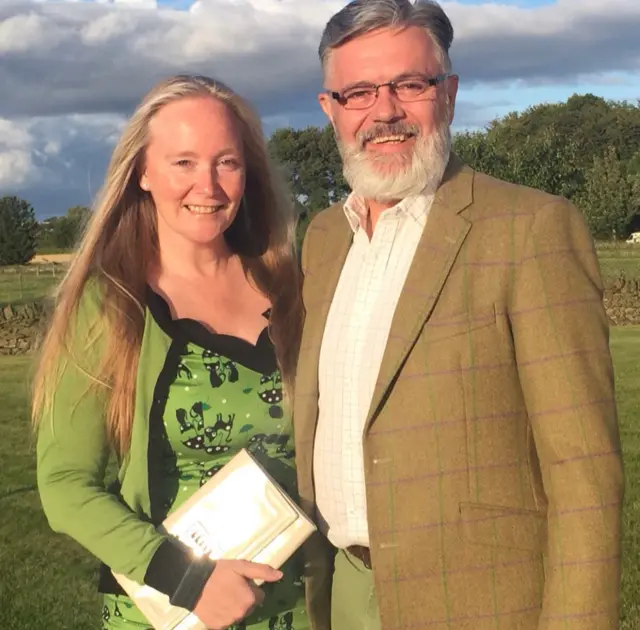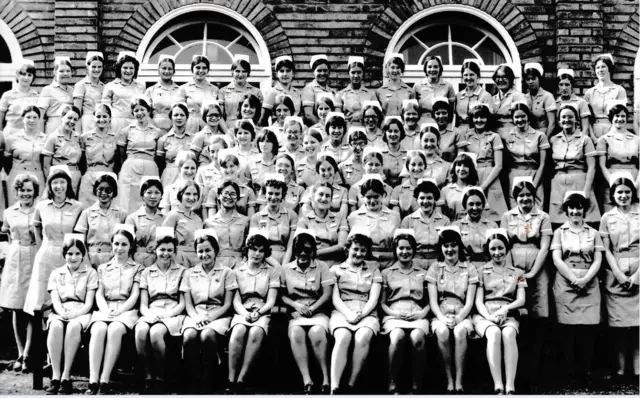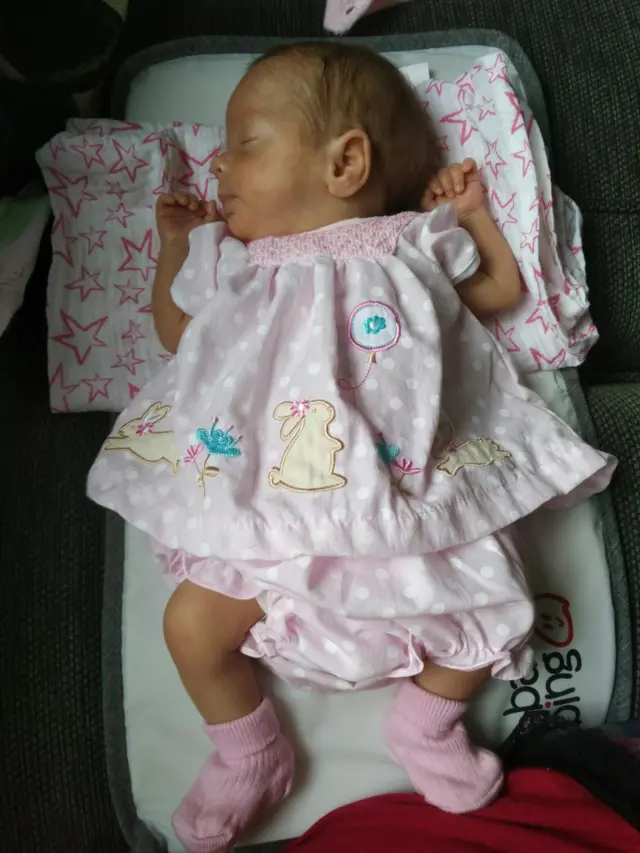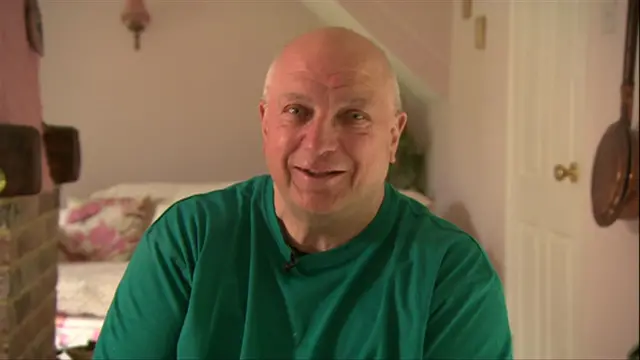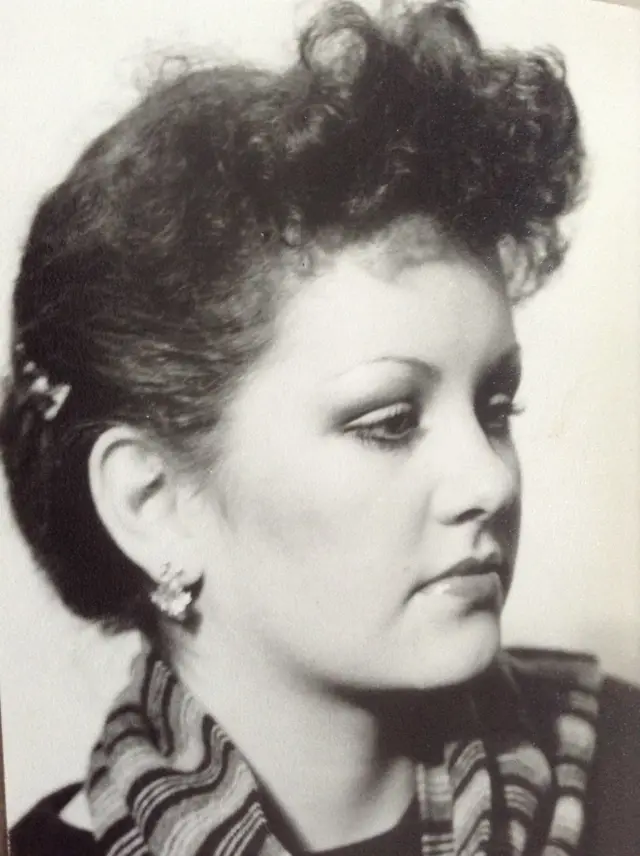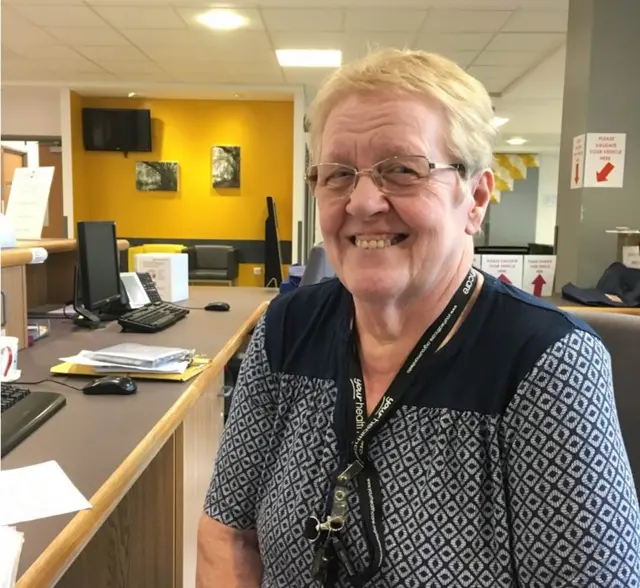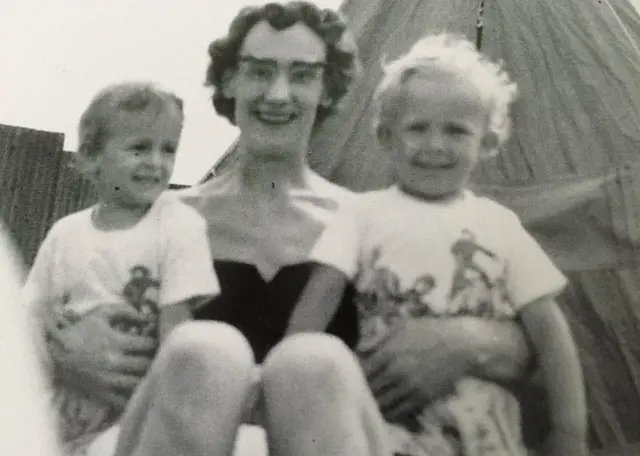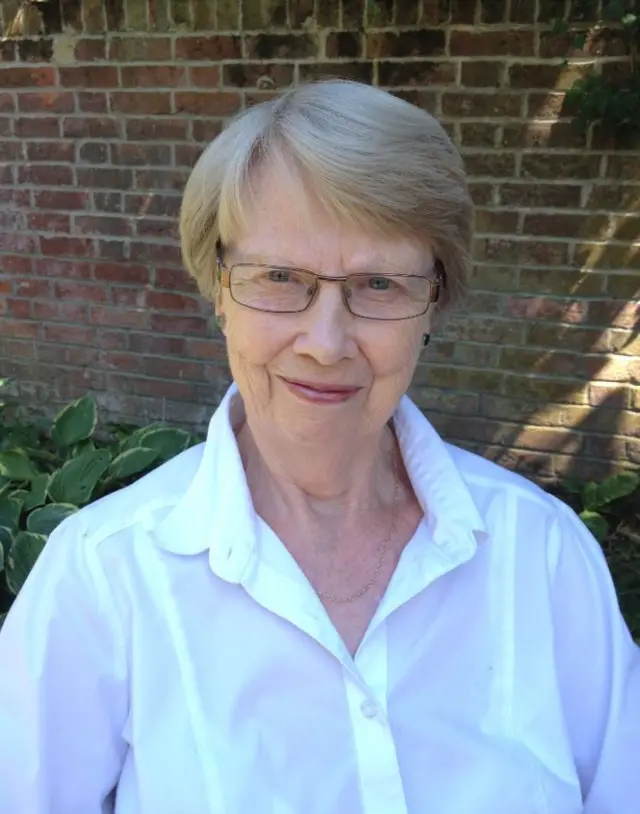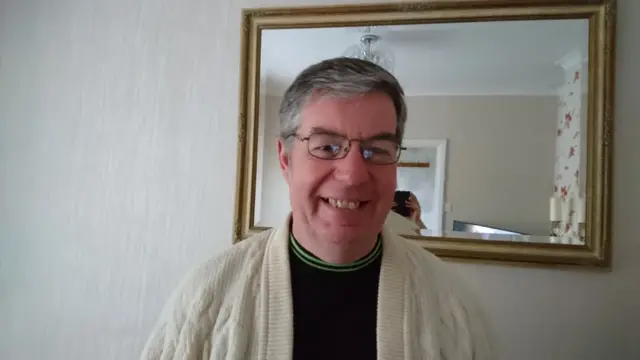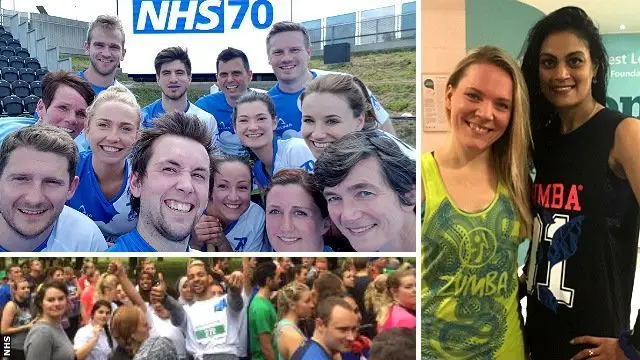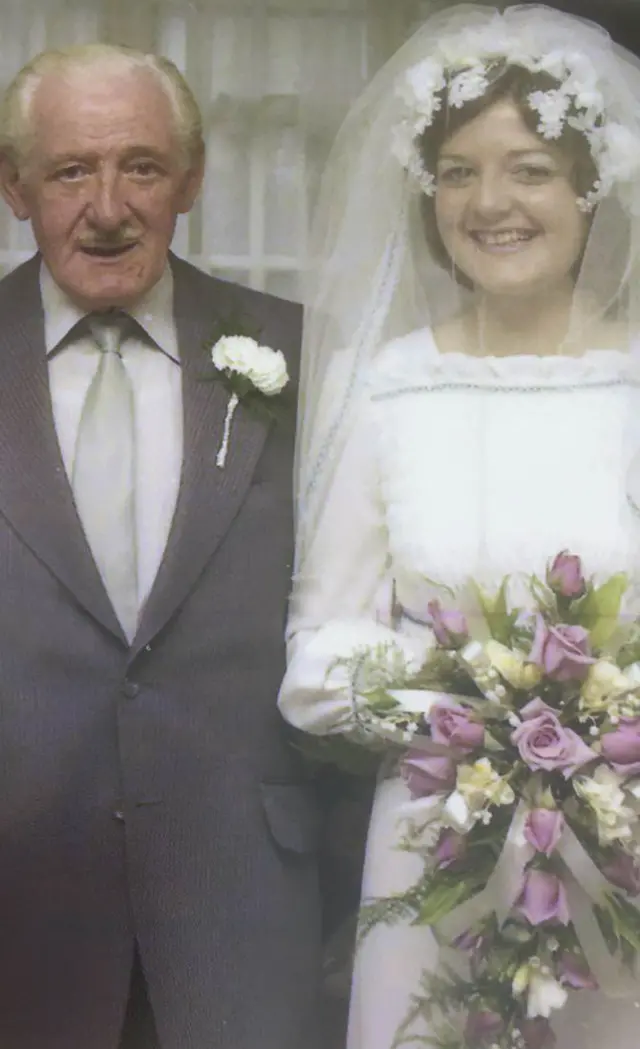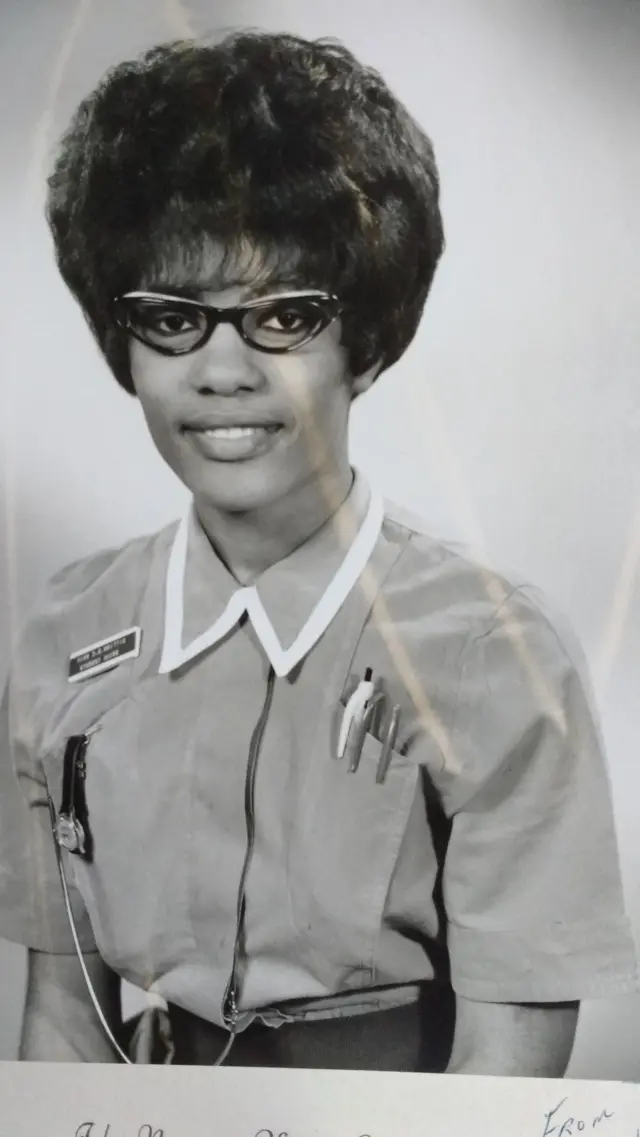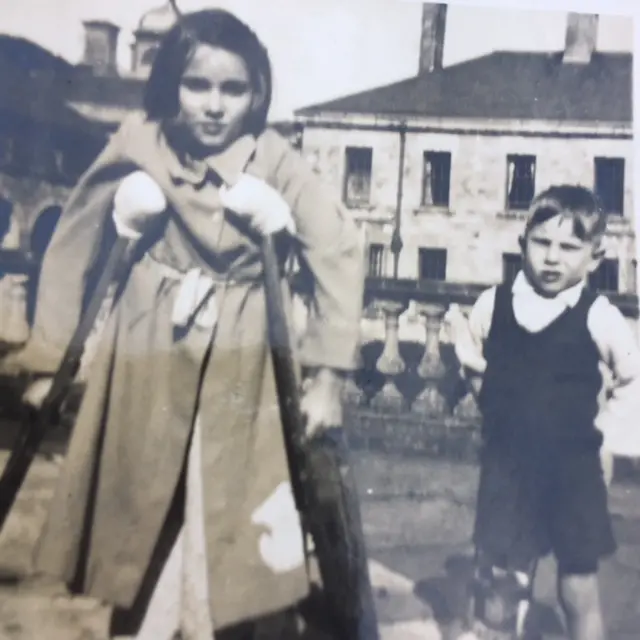NHS at 70: 'The renal unit is like my family'published at 10:42 BST 9 July 2018
Nirmala Logeswaran has been a nurse for 44 years
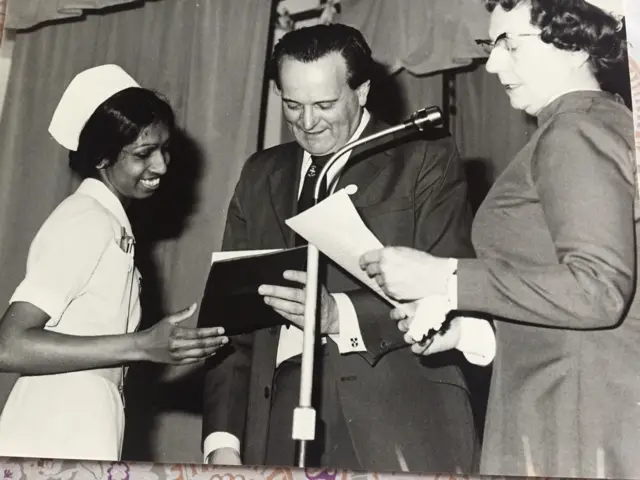 Image source, Nirmala Logeswaran
Image source, Nirmala LogeswaranNirmala (left) receiving her state enrolled nurse qualification in 1976 from a councillor and "scary" matron Miss Young.
“I was only 19 when I came to UK from Sri Lanka to train as a nurse in 1974.
“My uncle met me at the airport. He was a doctor at Benenden Chest Hospital in Kent, where I was going to be working.
“Discipline was very important at Benenden. We were only allowed to call each other ‘nurse’. I was Nurse Samuel, which was my maiden name.
“At Christmas we’d have a party with patients and staff and at the one in 1975 I performed an Indian dance. The patients were so ill and couldn’t go anywhere, so showing them a bit of culture cheered them up a bit.
“For the last 35 years I’ve worked on the renal unit at St Helier Hospital in Surrey. I think of the patients as family because I see them for years.
“I’ve met so many people but one man stands out.
“He was on dialysis, external and because it’s a small unit we got to know each other very well.
“We’d tease each other all the time. I was pregnant in 1984 and he’d ask if I’d swallowed something rather large.
“He had a kidney transplant, got better and left the unit.
“Years later, his wife told me he’d got cancer and was very unwell. Doctors couldn’t do anything for him and I started praying quietly for him and his family.
“He was transferred to a hospice and I visited him to say goodbye. I was very sad.
“Another year later, his wife rang me to tell me he’d recovered and had returned home.
“I couldn't believe my eyes when I saw him again when he came to the renal unit for a blood test and clinic appointment.
“I cried with relief and the teasing and joking started again.”
